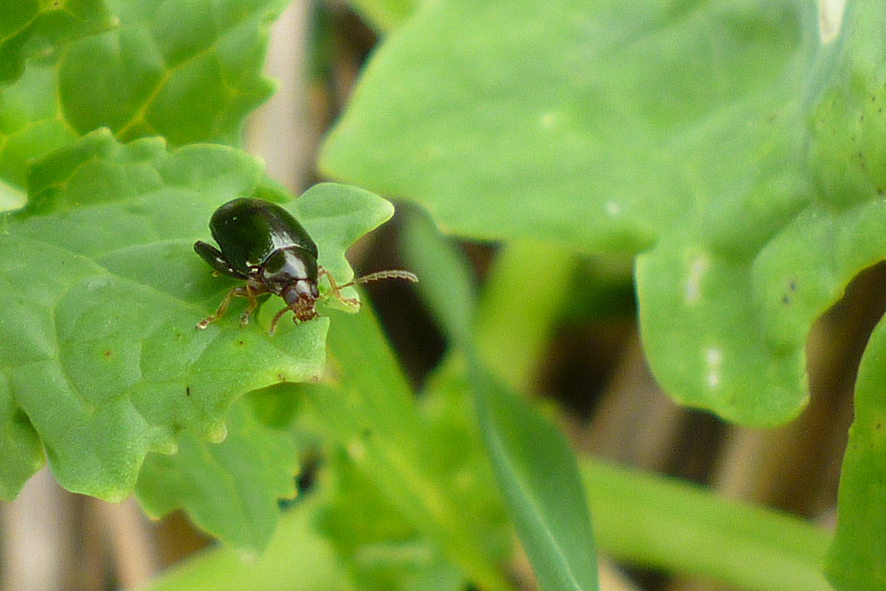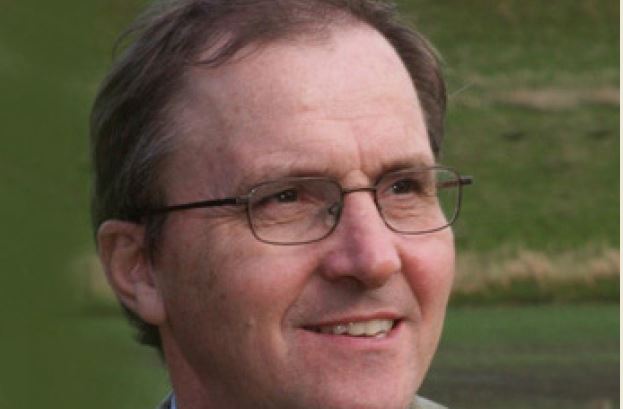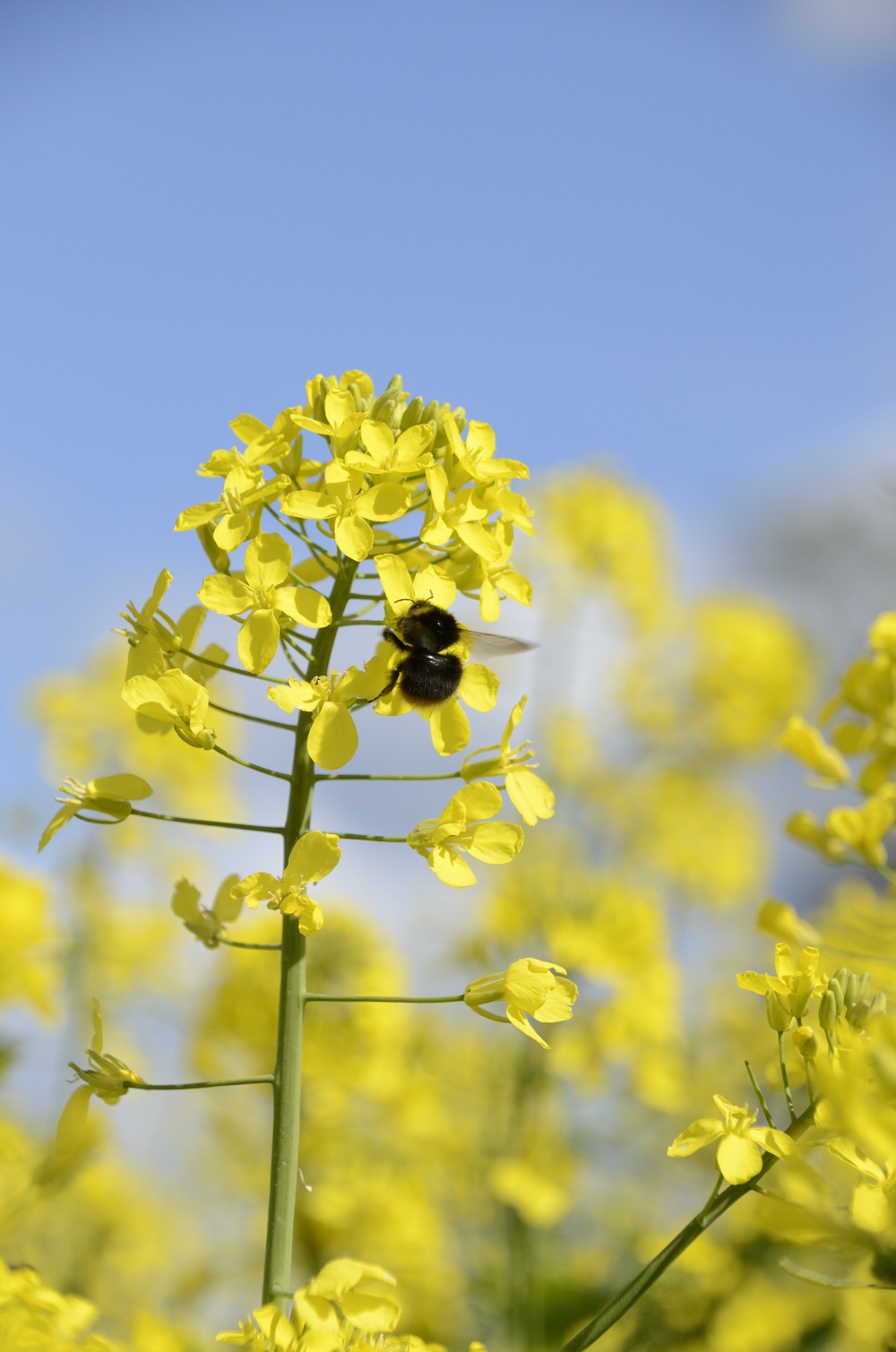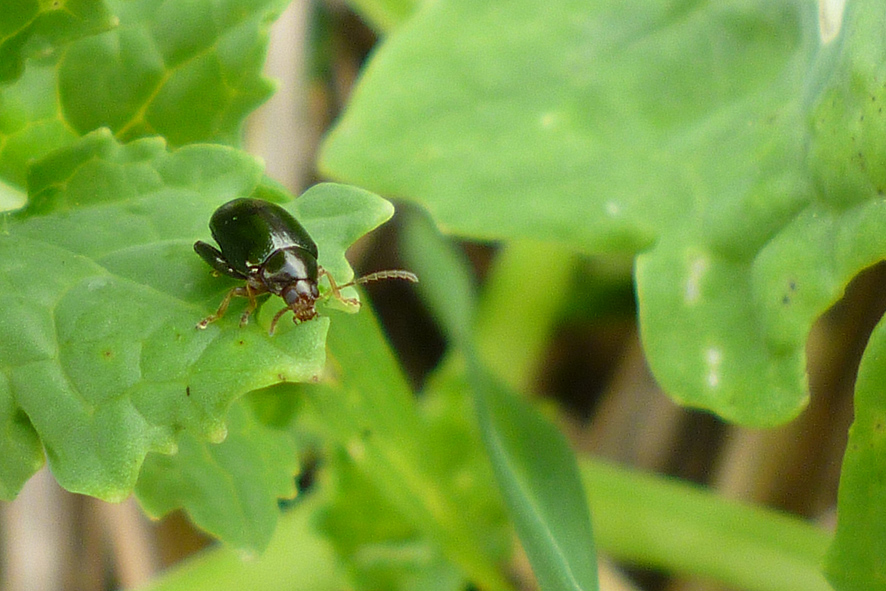 Farmers are in danger of causing great harm through overuse of certain technologies warns Defra’s chief scientist, who calls for a complete change in mindset.
Farmers are in danger of causing great harm through overuse of certain technologies warns Defra’s chief scientist, who calls for a complete change in mindset.
By Tom Allen-Stevens
Farming’s over-dependence on neonicotinoid seed dressings contributed to the decision to remove them from use, Defra’s chief scientist has said.
Professor Ian Boyd’s keynote address at the Westminster Food and Nutrition Forum on Weds 5 Dec called for science to encourage a “different mindset” in farming and to make the industry ten times more efficient.

Professor Ian Boyd
“Currently researchers seek change in small increments. I think we need to transform our farming system,” he told delegates from across farming and agrifood research.
“The current system of agriculture is not capable of continuous modification to produce what is needed – it is four times less resource-efficient than most of the other sectors of the economy, and 40 times less resource-efficient than the business and service sector.”
He said it isn’t realistic to believe the UK can produce all its own food, pointing out that most farming produce, especially in meat and cereals, is importable.
“We need to solve the problem of resource consumption – we can’t afford to use 70% of our land for agriculture,” he added.
Change of mind
Asked specifically why Defra “changed its mind” on neonicotinoid seed dressings and why it now supports a total ban, he said the issue at stake is the “gradual change” in the way neonics have been used.
He admitted there is a lack of conclusive evidence to support suggestions that the widespread use of neonics may be having a “diffuse effect” on bee populations.
 But regulatory experiments used in permitting them are very limited, he asserted, and no assessment has yet been put forward on the effect of the chemistry on soil fauna.
But regulatory experiments used in permitting them are very limited, he asserted, and no assessment has yet been put forward on the effect of the chemistry on soil fauna.
“Their scale of use is hugely beyond the capacity of our current knowledge to provide any realistic assessment of environmental effects,” he said.
Ian believes the issues of neonic use and also herbicide resistance raise the question of whether agricultural processes become over-dependent on certain technologies.
“This creates single points of failure which most systems engineers would see as very risky,” he pointed out.
“We should be more clever about [these technologies] and use them in a more targeted way. There may be justification for specific uses of some pesticides, even those that have lost their approval.”
Productivity plateau
Ian criticised the farming sector for its level of productivity that hasn’t increased “since the early 1980s”, he said. “We need to move to a different mindset in science and in agriculture.”
He pointed to new processes such as vertical farming and the production of synthetic meat, the venture capital invested in such areas, and the opportunities the UK has to play a major part in developing them.
“Current intensive growing systems are only able to produce high value crops but that need not be the patterns for the future,” he noted.
“The are many good ideas out there which offer quite different alternatives. Not all will succeed, but if we continue to plough the current furrow, we will never find out and do great harm in the process.”




